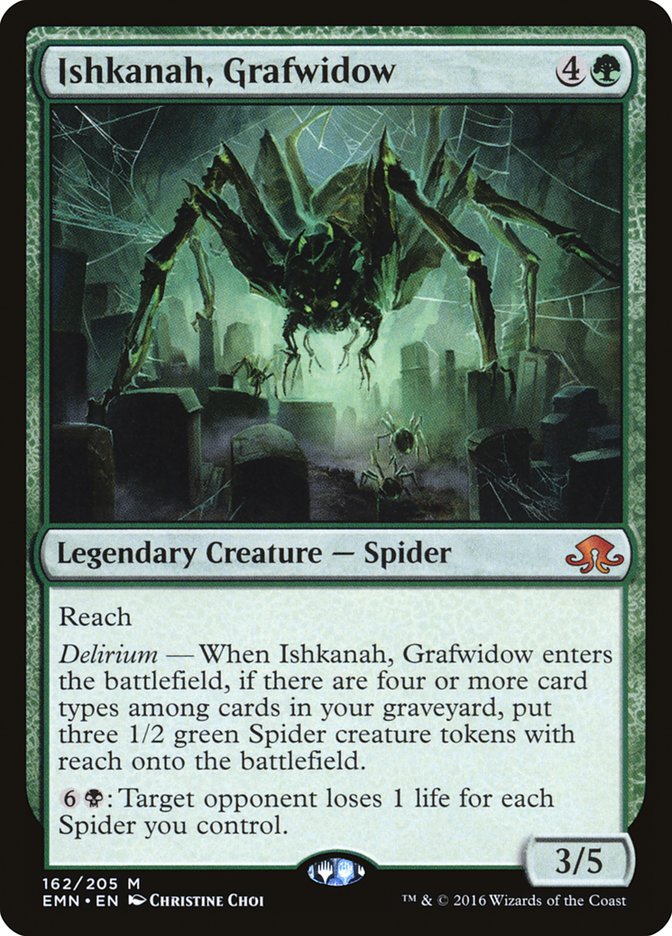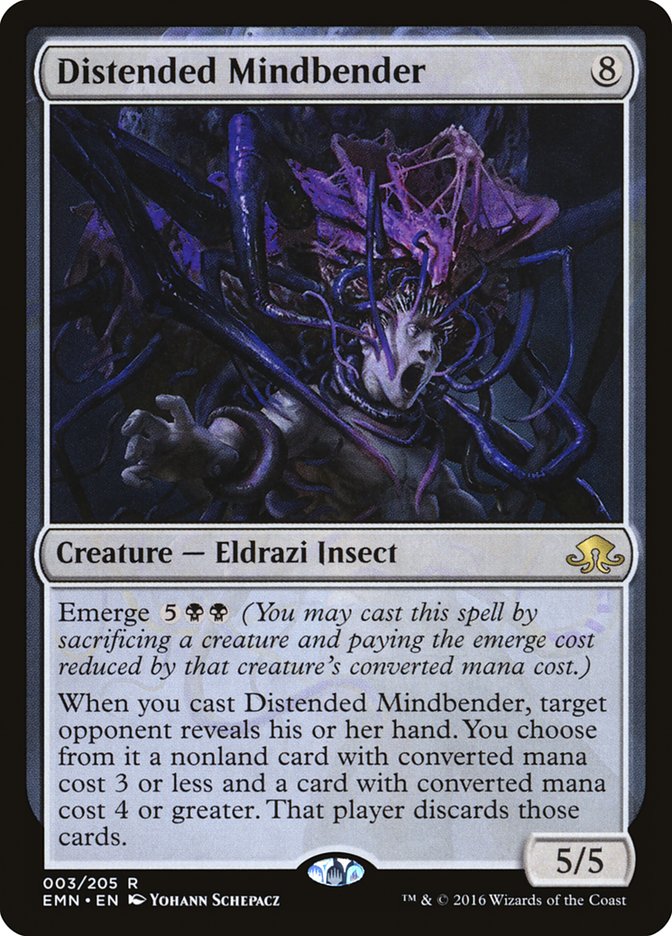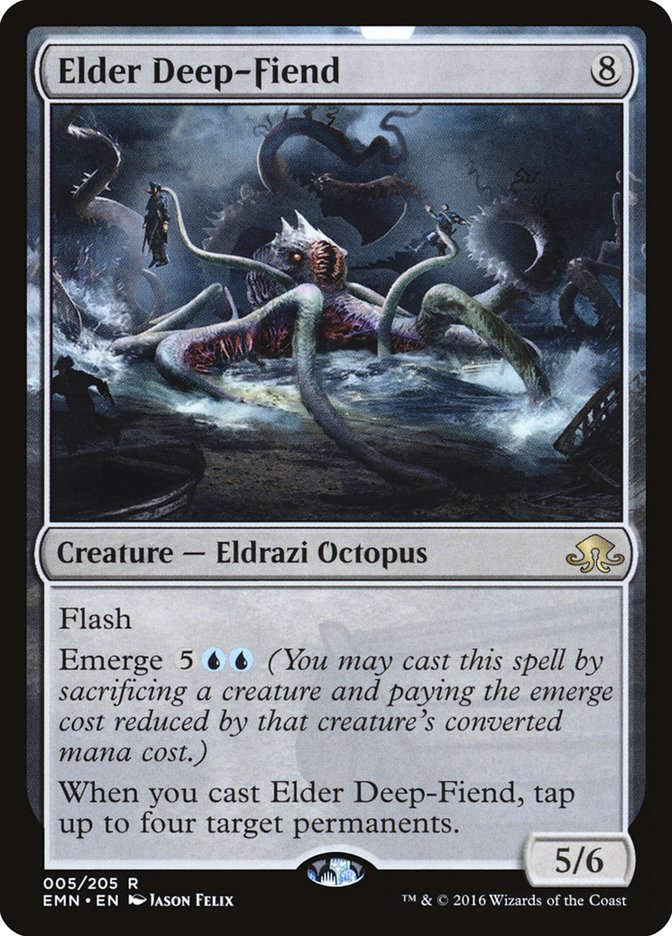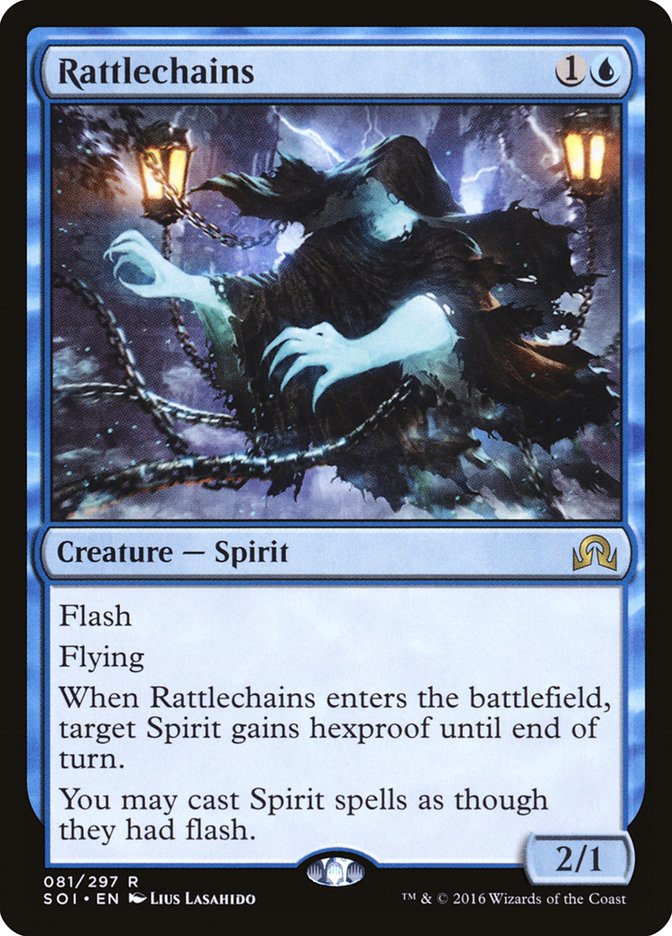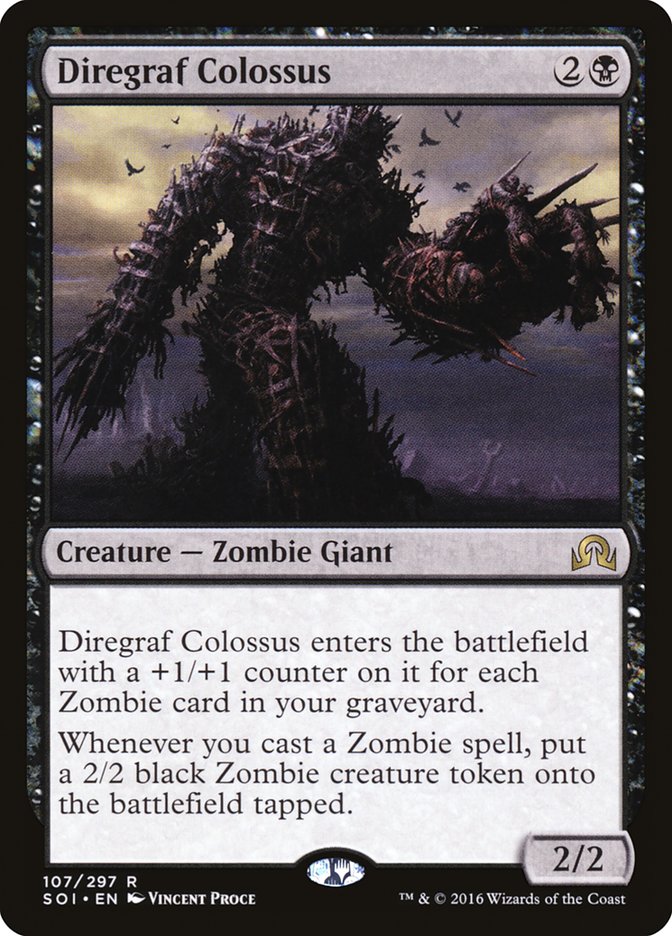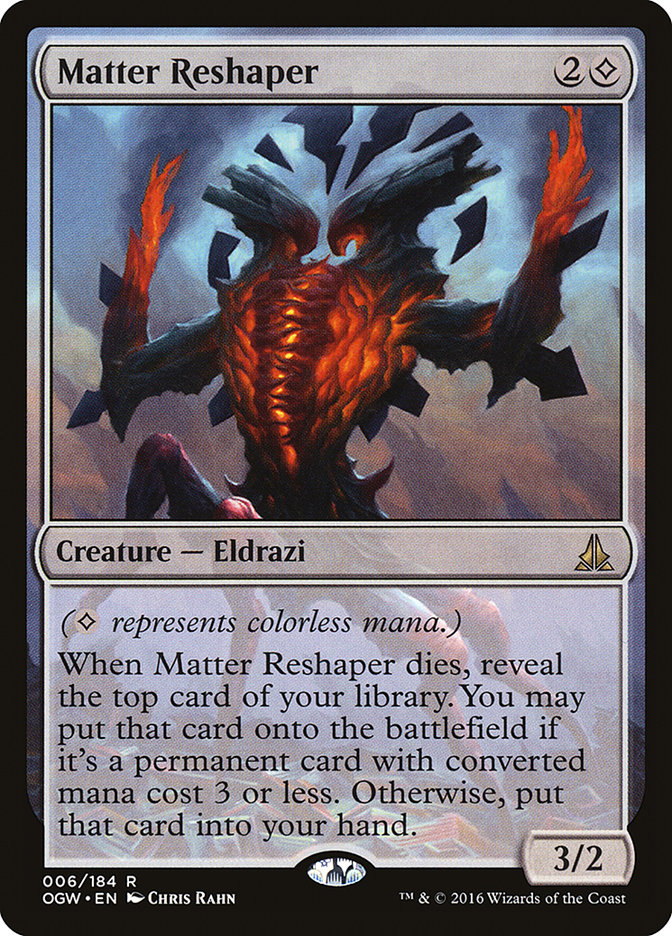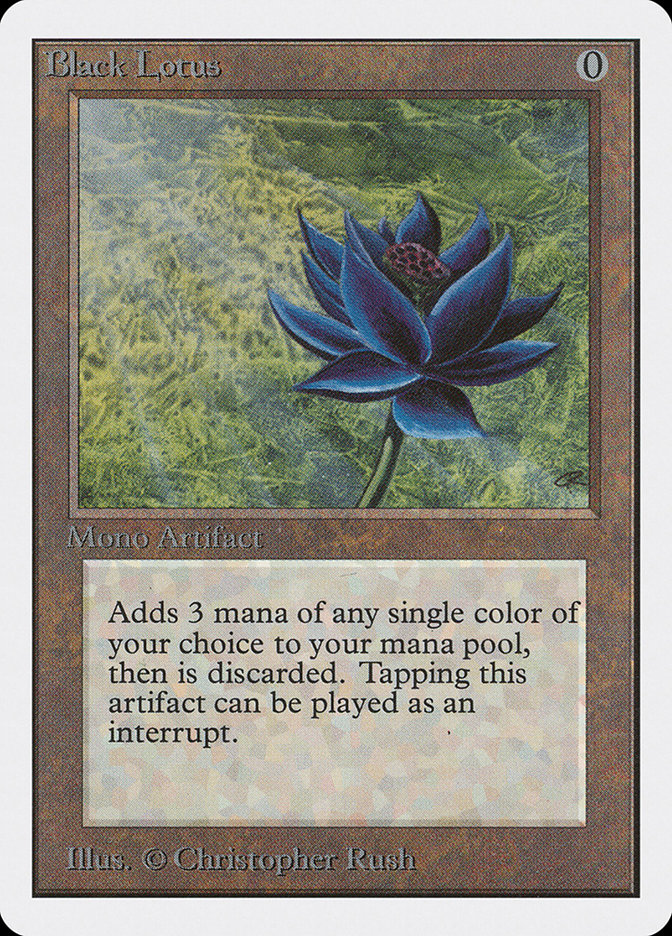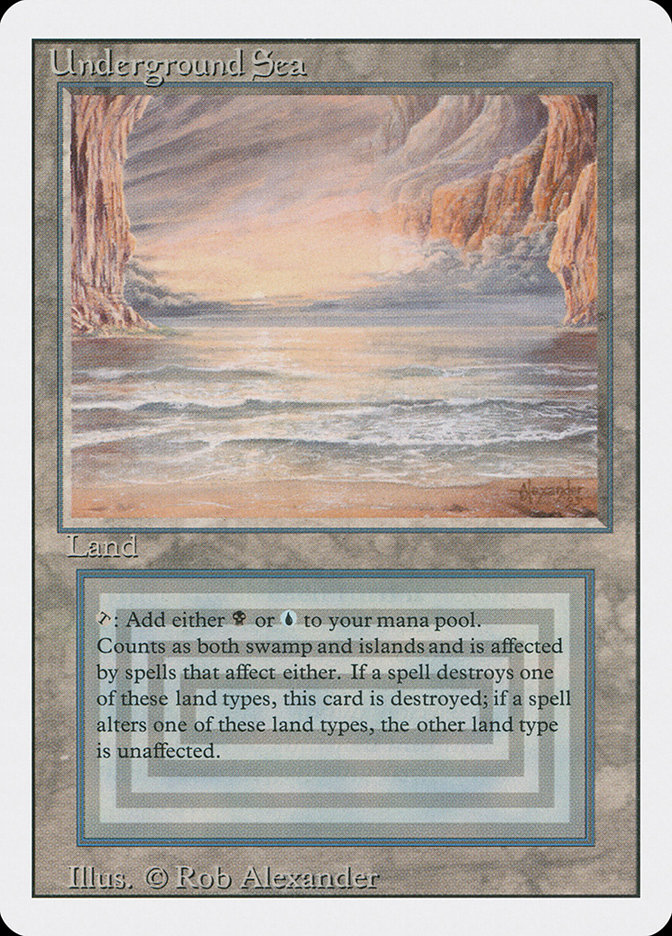Heroes can be hard to come by in the business world. Too many entrepreneurs abandon their principles after becoming wealthy or only manage to become rich in the first place because they are willing to operate without a moral center.
Warren Buffett seems like a shining exception to that rule. While there may be some horrible Buffett-related controversy that I haven’t heard about yet, it’s hard not to admire his particular brand of bootstraps capitalism. I mean, he went from selling door-to-door magazines as a child to becoming the richest person in the world. He has long been a political supporter of middle class ideals, he’s frugal in his personal life, and he has pledged to give 99% of his money to charity. What’s not to love?
While having lunch at Jimmy John’s the other day, I happened to notice a poster on the wall titled “Warren Buffett’s Ten Rules.” I couldn’t find an actual connection between Buffett and my favorite fast food sandwich shop (if he were in charge, he probably wouldn’t have forced JJ’s low-wage workers into signing draconian non-compete contracts, a practice that the company has only recently stopped doing), the ten rules from the poster do seem to be legit, at least according to Buffett’s official website.
After chowing down on my Beach Club, I scanned the list and was surprised to learn that many of Buffett’s lessons were just as applicable to Magic finance as they were to real-world entrepreneurship. Since I’m always looking for new ways to talk about Magic finance fundamentals, I thought I’d spend the week examining Buffett’s Ten Rules and thinking about how we might be able to apply them to our favorite card game. What can once of the richest people in the world tell us about Magic finance? Let’s take a look.
Rule #1: Reinvest Your Profits
From the poster: When you first make money, you may be tempted to spend it. Don’t. Instead, reinvest the profits. Buffett learned this early on. In high school, he and a pal bought a pinball machine to put in a barbershop. With the money they earned, they bought more machines until they had eight in different shops. When the friends sold the venture, Buffett used the profits to buy stocks and to start another small business.
Everyone knows that one Magic player who seems to have it all. While some folks do have enough disposable income to buy an entire Modern deck in a single shot, most of the people with large collections got there by following Buffett’s first rule and reinvesting in their collection over time.
This is where trading, a lost art these days, can really help you in terms of building and maintaining collection equity. Every time you cash out, you’re paying a premium in fees or money lost by having to sell your cards at buylist prices. Every time you buy in based on need (especially when you have to get a hot card for a tournament that’s about to start), you’re paying a premium based on convenience and lack of options. If you keep a large enough amount of collection equity in your trade binder, you should be able to acquire what you need without having to keep going back and forth between cash and cards, cards and cash.
The other thing to keep in mind is that cards (the right cards, at least) tend to go up in price over time, while cash tends to lose value based on inflation. This will not always hold true, and you should think twice before clearing out your bank account to buy copies of Emrakul, the Promised End, but that Underground Sea I bought back in 2002 sure has gained a lot more value than the $20 bill that has been kicking around in my checking account for the last fourteen years. If you keep your Magic equity separate from your other disposable income—a great idea for anyone serious about obeying good personal finance practices—putting your profits back into cards that will gain value over time is a great way to gain value over time without having to do anything at all.
Rule #2: Be Willing to be Different
From the poster: Don’t base your decisions upon what everyone is saying or doing. When Warren Buffett began managing money in 1956 with $100,000 cobbled together from a handful of investors, he was dubbed an oddball. He worked in Omaha, not Wall Street, and he refused to tell his parents where he was putting their money. People predicted that he’d fail, but when he closed his partnership fourteen years later, it was worth more than $100 million. Instead of following the crowd, he looked for undervalued investments and ended up vastly beating the market average every single year. To Warren Buffett, the average is just that — what everybody else is doing. To be above average, you need to measure yourself by what he calls the Inner Scorecard, judging yourself by your own standards and not the world’s.
One of the things I try really hard to do in this column is to teach you how I work. That way, you can tweak my methods for your own uses. There are plenty of “finance writers” out there who will tell you what cards to buy and sell without any analysis or any sense of how further analysis might be done, and I’m still scratching my head over how this is supposed to be useful information. You shouldn’t blindly trust anyone to be correct, regardless of how much of an expert they say they are.
Most “finance experts,” myself included, rarely deviate from the group consensus. This is necessary, both because groups tend to be right more often than individuals and because it looks really bad whenever you dissent against a popular opinion and are proven wrong. It’s also wrong to completely dismiss experts for much of the same reason—people who can aggregate a bunch of disparate opinions, make sense of them, and present them to you clearly and succinctly are incredibly valuable.
But even though groups tend to be right, they can also be wrong in the stupidest ways. If you feel like the heard is totally wrong about a card, you’ll make a killing if you do the opposite and are proven right. And this goes beyond Magic. Someone on Reddit made a killing last year by following one simple rule: always do the exact opposite of whatever the most upvoted advice is on the stock-picking subreddit. If you think a card is amazing (and you can defend your reasoning with sound logic!), ignore the herd of “experts” telling you that it’s unplayable. And yes, that includes me.
Rule #3: Never Suck Your Thumb
From the poster: Gather in advance any information you need to make a decision, and ask a friend or relative to make sure that you stick to a deadline. Warren Buffett prides himself on swiftly making up his mind and acting on it. He calls any unnecessary sitting and thinking “thumb sucking.” When people offer him a business or an investment, he says, “I won’t talk unless they bring me a price.” He gives them an answer on the spot.
If you like speculating on cards, this might be the most important rule on the whole list. Gone are the days when you can read about a cool new deck on Monday and trade for the pieces at a discount during your next FNM. Cards are bought out in minutes, not hours, and you cannot wait around and think about whether or not you want a piece of the action.
This does not mean that you should make stupid and reckless decisions, though. Don’t just start buying cards on the ghost of a potential rumor—that’s how you end up owning 50 copies of Crush of Tentacles based on a single Pro Tour deck tech. (Guilty!) You should still take as much time as you need to correctly assess your risk…but once you’ve finished, don’t sit around and agonize over the emotional aspects of the coming transaction. Start buying cards!
This rule is also worth keeping in mind at the trade tables. Be clear about what you want and what you’re willing to pay for it. Don’t waste others’ time with waffle-fried responses like “I’ll think about it” and trying out lowball offers for the next twenty minutes. People respect fast and fair traders. And if you can develop a reputation as someone who is easy to deal with, you’ll get the first call whenever that casual player down at your LGS opens the latest chase mythic and wants to swap it for a couple of weird old Commander cards.
Rule #4: Spell Out the Deal Before You Start
From the poster: Your bargaining leverage is always greatest before you begin a job — that’s when you have something to offer that the other party wants. Warren Buffett learned this lesson the hard way as a kid, when his grandfather Ernest hired him and a friend to dig out the family grocery store after a blizzard. The boys spent five hours shoveling until they could barely straighten their frozen hands. Afterward, his grandfather gave the pair less than 90 cents to split. Warren Buffett was horrified that he performed such backbreaking work only to earn pennies an hour. Always nail down the specifics of a deal in advance — even with your friends and relatives.
This one is most applicable when buying collections, especially when the seller is a long-time tournament player who has at least some idea of what cards are worth. There is nothing worse than going into one of these deals without a clear sense of what a deal might look like, only to have it fall apart after you’ve already spent three hours adding up prices in order to mount a competitive offer. In these cases, I always like to hammer out the rough terms of a deal before I even think about getting in my car and heading over.
Be careful, though—if you’re buying a very old collection from a long-lapsed player, you might not be able to get a handle on whether your offer will be $20 or $2,000 without actually looking through every last deck. People who haven’t played Magic since 1997 don’t understand how variable collection value is, so in these cases you may have to waste quite a bit of time in search of that elusive home run deal.
Another, more general interpretation of this rule is that you should always have an idea of what you hope the end result of your deals will be. Like the story of Buffett working for five hours in exchange for 90 cents, you don’t want to just start buying cards and prepping to spend your time flipping them if there’s no chance of it being worth your time. Losing money on a deal because you were wrong stinks, but it happens to everyone. Losing money because you were correct but didn’t think things through enough should never happen.
Rule #5: Watch Small Expenses
From the poster: Warren Buffett invests in businesses run by managers who obsess over the tiniest costs. He once acquired a company whose owner counted the sheets in rolls of 500-sheet toilet paper to see if he was being cheated (he was). He also admired a friend who painted only on the side of his office building that faced the road. Exercising vigilance over every expense can make your profits — and your paycheck — go much further.
There is a difference between being frugal and being cheap. You certainly don’t want to play a suboptimal deck because you didn’t want to make a “bad” trade on the morning of a major tournament, nor do you want to be the “friend” who never remembers to tip the wait staff or return cards to their rightful owners.
That said, little expenses do tend to add up. This is part of why I like mining the StarCityGames.com weekly sales—if I’m going to buy a set of a card at some point soon anyway, I’d rather grab it when it’s a couple of bucks cheaper. Buying sleeves in bulk helps a lot, too—those last-minute tournament morning sleeve purchases can add up, especially if you’re doing it all the time. And if you buy collections, you’re probably drowning in sleeves, playmats, and dice that you didn’t even pay for. Why are you still buying these things whenever you travel to a big event? (Note that this only applies to supplies purchased out of convenience. Sometimes you just have to have that Snipcaster Mage playmat and there’s no two ways about it.)
That said, the biggest “small expense” that most Magic players make is not having a consistent method of breaking down and liquidating cards acquired in Limited games. How many half-built Draft decks and Prerelease pools are sitting somewhere in your house right now? If you’re really disorganized, you might have decks kicking around from as far back as Return to Ravnica, including many cards that would have traded or sold really well back when they were Standard-legal. Even cards from the earliest days of Shadows over Innistrad should have been dealt with weeks ago—it doesn’t help that you “knew” Olivia, Mobilized for War would go down in price if you opened a copy when the set came out and left it in your closet. Not only should you go through those decks and process them, you should develop an organizational system that you can turn to after every single draft you do.
Rule #6: Limit What You Borrow
From the poster: Living on credit cards and loans won’t make you rich. Warren Buffett has never borrowed a significant amount — not to invest, not for a mortgage. He has gotten many heart-rending letters from people who thought their borrowing was manageable but became overwhelmed by debt. His advice: Negotiate with creditors to pay what you can. Then, when you’re debt-free, work on saving some money that you can use to invest.
I can’t imagine too many people take out loans to play Magic (do not do this!!), but Buffett’s point about living within your financial means is certainly applicable to Magic finance.
One of the biggest mistakes players that newer players make is to decide to sink the entirety of their collection equity into an Eternal format like Modern or Legacy without having the means to even finish their intended deck. Having a couple of Tarmogoyfs is fine if you’ve been playing a while and have a reasonably large collection of Standard and Modern cards. Having a couple of Tarmogoyfs if they make up 80% of your collection value is a great way to frustrate yourself over a dream that you aren’t close to realizing yet.
Like it or not, Modern and Legacy are expensive formats designed for players who have been playing the game for a long time. You can shortcut this if money is no object, but extending into these formats before you have the means to do so is a very bad idea. You will end up frustrated, and it will set back your actual process of breaking into the Eternal formats.
Rule #7: Be Persistent
From the poster: With tenacity and ingenuity, you can win against a more established competitor. Warren Buffett acquired the Nebraska Furniture Mart in 1983 because he liked the way its founder, Rose Blumkin, did business. A Russian immigrant, she built the mart from a pawnshop into the largest furniture store in North America. Her strategy was to undersell the big shots, and she was a merciless negotiator. To Warren Buffett, Rose embodied the unwavering courage that makes a winner out of an underdog.
There isn’t a lot of direct competition in Magic finance, and you won’t often find yourself going toe-to-toe with another trader or speculator. If you find yourself shaking your head at this comment, you’re probably doing things wrong—aggressiveness is a great way to upset people down at your local shop.
Persistence is still an important virtue, though, because failure is going to happen and it’s going to happen a lot. You will be wrong. It will cost you money. You will buy high, you will sell low, and you will make plenty of trades that will make you want to curl up under a blanket every time you think about them. Just like when you’re playing on the circuit, you have to learn to shake off the losses and learn from your mistakes.
As long as your process is good, you should avoid giving up based on bad results. Check your logic, double-check your math, and get right back in the game. The difference between a good Magic financier and a great one often comes down to how persistent they are.
Rule #8: Know When to Quit
From the poster: Once, when Warren Buffett was a teen, he went to the racetrack. He bet on a race and lost. To recoup his funds, he bet on another race. He lost again, leaving him with close to nothing. He felt sick — he had squandered nearly a week’s earnings. Warren Buffett never repeated that mistake. Know when to walk away from a loss, and don’t let anxiety fool you into trying again.
Knowing when to quit is the flipside of persistence, and it is equally important. Speculators most often fail at this when a card they’ve speculated on dips below the price they paid and they are unwilling to let it go. Desperately wanting their purchases to return to a price they “know” the card is worth, they’ll keep waiting as the value goes down…and down….and down…and down. This is called The Sunk Cost Fallacy, and I’ve written about it many, many, many times.
The reason I write about sunk costs so much because it’s so easy to fall into this trap, even if you are aware of the fallacy. Knowing when to quit is one of the hardest things in life to do, and it requires something that many people just aren’t capable of: admitting they were wrong and accepting a worse deal than they were offered in the past. Few things feel worse than this, and your gut may tell you to hold onto your pride and ride the thing all the way off the cliff.
How many times have you seen someone not play a card like Intrepid Provisioners post-combat because they forgot to play it pre-combat, lost out on the beneficial trigger, and wanted to save face? How many times have you refused to back down in an internet argument, even though you realized halfway through that you were wrong? How many cards are sitting in a box in your closet because you were wrong about them?
I still have my playsets of Duskmantle Seer—currently selling right here for $0.75—because I paid $4/card for them back when Gatecrash was legal in Standard and I was too stubborn about moving on from them once it became clear that the card wasn’t going to ever become a player in Standard. Had I offloaded them a month or two after I bought them, I could have recouped about 75% of my initial investment. Instead, I’ve got a stack of bulk mythics.
Rule #9: Assess the Risk
From the poster: In 1995, the employer of Warren Buffett’s son, Howie, was accused by the FBI of price-fixing. Warren Buffett advised Howie to imagine the worst- and-best-case scenarios if he stayed with the company. His son quickly realized that the risks of staying far outweighed any potential gains, and he quit the next day. Asking yourself “and then what?” can help you see all of the possible consequences when you’re struggling to make a decision — and can guide you to the smartest choice.
Hey, I wrote about risk assessment last month! It’s an important concept, and I recommend that article if you want to have a little extra time and you want to know a little more about it. In short, I think the key to this concept is that you should take bigger risks when you have a deeper well of specific knowledge and smaller risks when you are more of an outsider. For example, I saw on the thrift shop flipping subreddit earlier today that someone dropped almost their entire investment capital—over ten grand—on an antique bottle collection that they were assured was incredibly valuable. After going home with the collection, it turns out that they’ll have to spend the next few months cleaning a whole bunch of dirty bottles if they want to even make half their money back. This was a massive failure of risk assessment—spending your entire bankroll on something you know nothing about is a great way to go broke.
How does this apply to Magic? It’s simple. If you aren’t at the cutting edge of Standard deckbuilding trends, you shouldn’t be going deep on a card that seems overpowered but doesn’t see play for whatever reason. Unless you know exactly why the card isn’t seeing play, you are out of your depth. Instead, focus on bigger speculation opportunities in the formats that you do play. If you are relying on half-understood information from friends and experts, only buy in if the risk is very, very low.
Rule #10: Know What Success Really Means
From the poster: Despite his wealth, Warren Buffett does not measure success by dollars. In 2006, he pledged to give away almost his entire fortune to charities, primarily the Bill and Melinda Gates Foundation. He’s adamant about not funding monuments to himself — no Warren Buffett buildings or halls. “I know people who have a lot of money,” he says, “and they get testimonial dinners and hospital wings named after them. But the truth is that nobody in the world loves them. When you get to my age, you’ll measure your success in life by how many of the people you want to have love you, actually do love you. That’s the ultimate test of how you’ve lived your life.”
Unless you are one of the several hundred dealers and store owners who make their living buying and selling cards, don’t forget that your goal is to make an expensive game a little bit more affordable for you to play. That’s it.
Look, I get it. Making money is fun. I get the same thrill out of “winning” a spec or correctly analyzing a brand new card that I do when I win a tough game of Magic. Pulling a $10 rare out of a 50-cent box at a Grand Prix can feel like digging up a gold nugget. I’m also a collector at heart, so my heart dances every time I finish a deck or acquire a cool foil that I’ve never seen in person before. There are many aspects of the finance side of the game that are enjoyable in and of themselves.
The trick is to enjoy these things without losing sight of what actually matters. Magic is a hard game to play without a strong local community, and I know of plenty of people who have stopped going down to the shop over the years because they were sick of being pestered by the local sharks.
If you are making people feel bad in order to make money on Magic cards, stop.
If you are sending people into a panic in order to make money, stop.
If you are hurting others’ ability to play the game, stop.
There are plenty of ways to make money on Magic cards that are relatively harmless. If you have to resort to trade sharking or market manipulation, you are not only hurting your ability to succeed in the future, you’re ruining everyone else’s favorite game.
Thankfully, most of the traders and speculators I know are good people who really do have the community’s best intentions in mind. There are some bad apples out there, but most of us just really, really love playing Magic with our friends. If you want to be a successful trader and speculator, don’t forget to keep this goal close to your heart.
This Week’s Trends
Ishkanah, Grafwidow; Distended Mindbreaker; and Elder Deep-Fiend are the biggest gainers from Eldritch Moon since I posted my set review. This is in line with my personal predictions, so I’m not surprised.
In fact, I think all three cards are still being undervalued. The Spirits rares haven’t moved yet, but I suspect that may change by the time this article goes live. Based on everything I’ve read from the experts, I still expect U/W Spirits to be a Tier 1 deck by this time next week.
On the other side of the spectrum, Decimator of the Provinces; Emrakul, the Promised End; Gisela, the Broken Blade; Grim Flayer; Nahiri’s Wrath; Tamiyo, Field Researcher; Bedlam Reveler; Cryptbreaker; Imprisoned in the Moon; and Thalia, Heretic Cathar have all cooled off a bit. I think there are still some spectacular cards on this list, and I suspect that Decimator of the Provinces and Emrakul, the Promised End are still being underrated. Gisela and Tamiyo are powerful, but I wouldn’t pay current retail for either.
Other Standard winners over the past week: Rattlechains, Diregraf Colossus, Matter Reshaper, Prized Amalgam, Day’s Undoing, Mindwrack Demon, and Bygone Bishop. I’m undecided on the Zombies cards, but I love buying the Spirits and Matter Reshaper right about now. All three could be a couple of days away from major tournament success, and the buy-in is still very reasonable.
Standard fallers include Archangel Avacyn; Chandra, Flamecaller; Jace, Vryn’s Prodigy; Dragonlord Ojutai; Kalitas, Traitor of Ghet; and Nahiri, the Harbinger. I’m personally holding everything at least a week, and probably through the Pro Tour. These prices aren’t going to fall off a cliff over the next fourteen days, and there’s a chance that any one of them shows up in a breakout deck once Eldritch Moon is Standard legal.
Modern had a relatively quiet week. Someone bought a whole bunch of copies of Brushland, but there are still SP copies for $6 in stock on StarCityGames.com, so I can’t imagine it has really spiked to $20. Mesmeric Orb continues to go up thanks to the mill deck. Dakmor Salvage has seen a small spike, probably due to hype over Splendid Reclamation. I’ve also seen some discussions involving Mana Seism, which is a nice playset to snag for next to nothing just in case.
Last, Legacy continues to be rocked by fallout from the Reserved List buyouts. Candelabra of Tawnos and Island of Wak-Wak were the latest targets, despite the fact that no one actually plays the latter card in any competitive format. It’ll be interesting to see where all of these prices settle. Perhaps we’ll have a little post-mortem on the whole experience a few months from now.
Comments from Last Week
No Deals of the Week today, unfortunately. If you’re a fan of the section, don’t worry—it’ll be back soon. We’re taking one week off so SCG can move some supplies. If you need to sleeve a Cube or update your Commander decks with new protection, this is your week.
I honestly think that (for Standard at least) Distended Mindbender may end up being the best card in the set. If you can play it on turn 4, it’s usually going to be game breaking, and later on it can be hard cast if needed so it’s not terrible card disadvantage against a hellbent opponent. I think most of the time that it misses, you’ll already be in a pretty good spot.
– Brian Hunt
Brian’s point is very well taken. Distended Mindbender is only going to miss when your opponent is out of cards, at which point adding another reasonable threat to the battlefield is usually going to be just fine. I still worry about a card that is a brick early unless you can combine it with a three-drop that you don’t mind sacrificing, but like I said in my set review, the power level here is just nuts. I think emerge is still being underrated, and Distended Mindbender is certainly on my list of rares that could emerge (not sorry) as the best card in the set.
If the Reserved List really is here to say, I can’t help feeling that “No Reserved List Legacy” is where we will have to end up. You can’t stop buyouts now because as you say it makes financial sense. In a No Reserved List Legacy world, no one would do it because it would no longer make financial sense.
– Scott Latham
Of all the potential outcomes, Scott, I’m not sure a true No Reserved List Legacy is among the more likely possibilities. First, you can make a reasonable argument that Modern is WotC’s answer to the Reserved List woes—that’s why Modern is the Eternal format of choice for most Grand Prix and PPTQs. I don’t expect them to make any changes to Legacy, because I think in their minds this issue is more or less “solved.”
Assuming that hypothesis is wrong, the biggest problem facing No Reserved List Legacy is that the Reserved List is way too big and confusing to work into your banned list for the format. Judges would have a very difficult time knowing which cards were legal and which were not, as would deckbuilders. It would also require explaining what the Reserved List is to a whole bunch of new players who may not otherwise be concerned with it. Since there are only about twenty expensive and problematic Reserved List cards in Legacy anyway, the correct move would be to just ban those instead of the entire list.
Would banning the dual lands, Gaea’s Cradle, Lion’s Eye Diamond, etc. ruin Legacy? It’s debatable. It would certainly make it a very, very different format, and many of the most beloved decks would be lost. I’m not sure how many people would actually play the new format. They’d probably either switch to Modern or keep on playing “old” Legacy where their favorite decks and cards could live on.
At this time, it would be much easier for someone to corner the market in available Black Lotuses than it would be to corner the market in dual lands. Even though none of you probably played the game back then, they sold a ton of Revised. Kids would buy two starter decks and never buy another booster, I know because I scooped all of them up in middle school.
I’m not worried about the price of dual lands. They can appreciate at relative levels, but as long as they keep the price of other staples low (say fetchlands), then duals will retain their relative values.
– Greg Kraigher
We have some idea of print run figures from the early years of Magic, so we can estimate roughly how many Black Lotuses and dual lands were printed. Based on some back-of-the-envelope calculations, there were about 22,800 Black Lotuses printed versus 311,800 of each dual land (including Alpha, Beta, and Unlimited). That makes Black Lotus roughly thirteen-and-a-half times rarer than Underground Sea.
On StarCityGames.com, an Unlimited Black Lotus will set you back $6,500. A revised Underground Sea costs $400. That makes Black Lotus roughly sixteen times more expensive than Underground Sea. Not a bad premium to pay for the most iconic card in the game!
None of this factors in condition, Alpha/Beta printings for the dual lands, increased demand (more people play Legacy than Vintage), foreign printings, or survival rate. As you say, everyone on the schoolyard had a booster pack or ten of Revised, while Alpha and Beta were mostly sold to collectors and older gamers. I suspect that a higher percentage of Black Lotuses survived than Underground Seas because of this.
At any rate, I think the dual lands are more likely to see a buyout than Black Lotus for two reasons. First, it’s easier for more people to get involved in the process. Getting together $400 to buy a dual land is difficult, but many Magic players could find a way. Getting together $6,500 (minimum!) is a whole lot harder.
Second, there’s an expectations game in play. Black Lotus and the Moxes spiked hard about a year and a half ago, but basically nobody paid attention because the paper Vintage community is so small and many of the people in it already have their set of power. Almost everyone else just shrugged because Vintage was already an unattainably expensive format, and what did another couple hundred dollars matter when the price was already infinite? Legacy is still attainable, and demand for cards in that format is far greater. As long as that remains true, all the Reserved List cards are at risk for buyouts.
That’s all for today. I’ll be on vacation next week, but I’ll be right back here on August 1st—same bat time, same bat channel!


